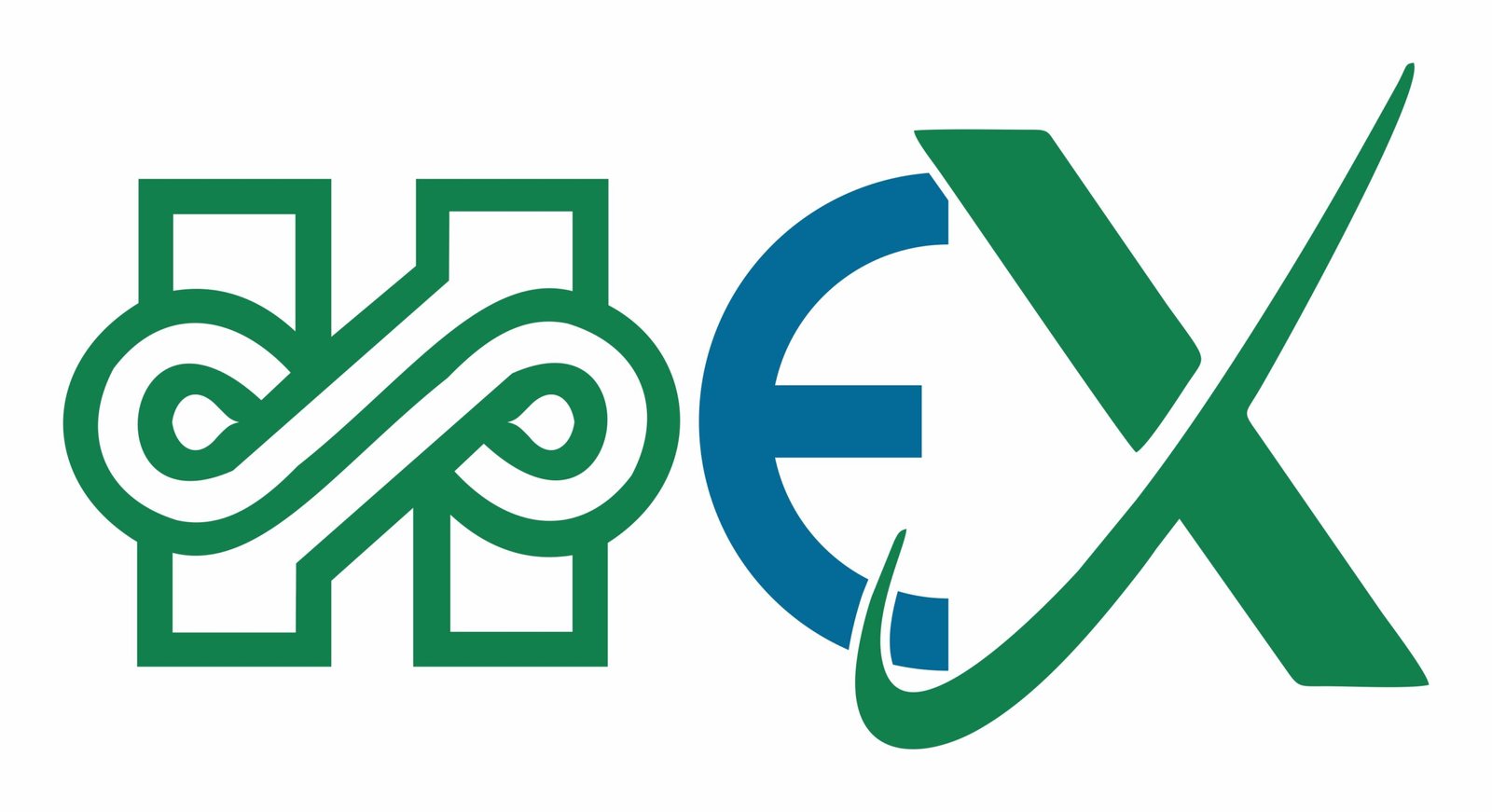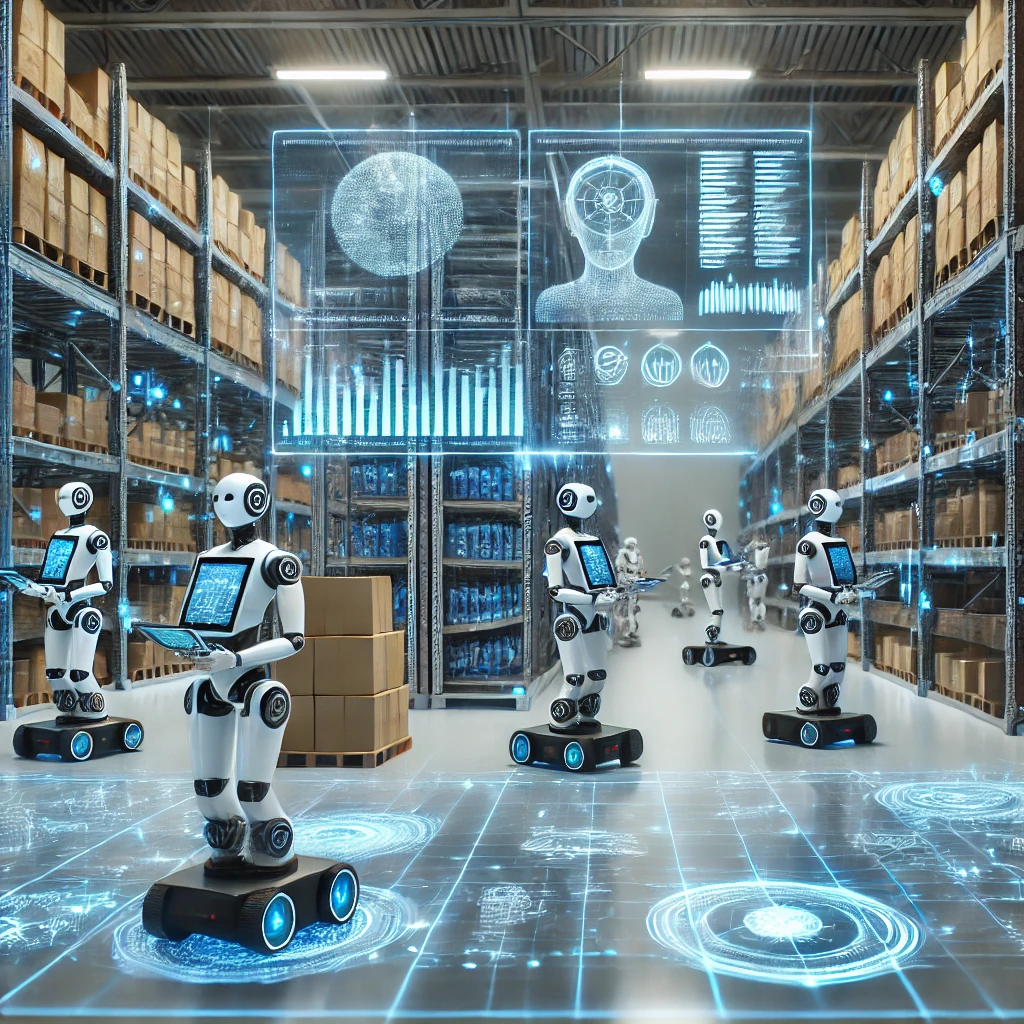Subtotal د.إ0.00
In today’s fast-paced global economy, commodity management has evolved significantly with the integration of advanced technology. From agriculture to energy and metals, industries dealing with commodities leverage cutting-edge solutions to optimize operations, reduce risk, and enhance profitability. This digital transformation is reshaping how commodities are sourced, traded, stored, and delivered, bringing unprecedented efficiency and transparency to the market.
1. Data Analytics and Artificial Intelligence (AI)
One of the most significant advancements in commodity management is the use of data analytics and AI. With vast amounts of historical and real-time data available, AI-driven algorithms can predict market trends, forecast supply and demand fluctuations, and optimize pricing strategies. This enables companies to make informed decisions, reducing uncertainty and mitigating financial risk.
For example, AI-powered predictive analytics help agribusinesses estimate crop yields based on weather patterns, soil health, and historical trends. Similarly, energy companies use AI models to predict fuel demand and optimize storage and transportation logistics.
2. Blockchain for Transparency and Security
Blockchain technology has revolutionized commodity trading by enhancing transparency and security. With blockchain, every transaction in the supply chain is recorded in an immutable digital ledger, making it nearly impossible to alter or manipulate data. This is particularly beneficial in industries like precious metals and agriculture, where ensuring authenticity and ethical sourcing is critical.
For instance, blockchain allows tracking of coffee beans from farms to retail shelves, ensuring consumers and businesses that the product adheres to fair trade practices. Likewise, energy companies use blockchain to manage contracts and settlements more efficiently, reducing disputes and improving trust between stakeholders.
3. Internet of Things (IoT) and Automation
The IoT has brought remarkable efficiency to commodity management by enabling real-time tracking and automation. IoT devices, such as sensors and RFID tags, collect crucial data on temperature, humidity, and location, which is vital for perishable goods like food and pharmaceuticals.
In logistics, IoT-powered fleet management systems monitor vehicle performance, optimize routes, and reduce fuel consumption. This not only enhances delivery reliability but also minimizes environmental impact. In mining, IoT sensors track equipment conditions, predicting failures before they occur and preventing costly downtime.
4. Cloud Computing and Digital Platforms
Cloud-based solutions and digital trading platforms have simplified commodity transactions by offering real-time access to data, analytics, and trading opportunities. Commodity traders, suppliers, and buyers can now interact seamlessly on centralized platforms, streamlining processes and reducing manual errors.
Moreover, cloud-based Enterprise Resource Planning (ERP) systems help businesses integrate financials, inventory management, and supply chain operations in one unified interface. This holistic approach enhances decision-making and operational agility.
5. Sustainable and Smart Technologies
Sustainability is a growing concern in commodity management, and technology is playing a vital role in promoting eco-friendly practices. Smart irrigation systems, for example, use AI and IoT to optimize water usage in agriculture, reducing waste and conserving resources. In energy, smart grids and renewable energy forecasting tools help balance power supply and demand efficiently.
Conclusion
Technology is at the heart of modern commodity management, driving efficiency, reducing risks, and fostering sustainability. From AI-powered analytics to blockchain for transparency, IoT-driven automation, and cloud-based platforms, these innovations are revolutionizing how commodities are managed in an increasingly interconnected world. As technology continues to evolve, businesses that embrace these advancements will stay ahead in the competitive landscape, ensuring long-term growth and resilience in the commodity markets.






